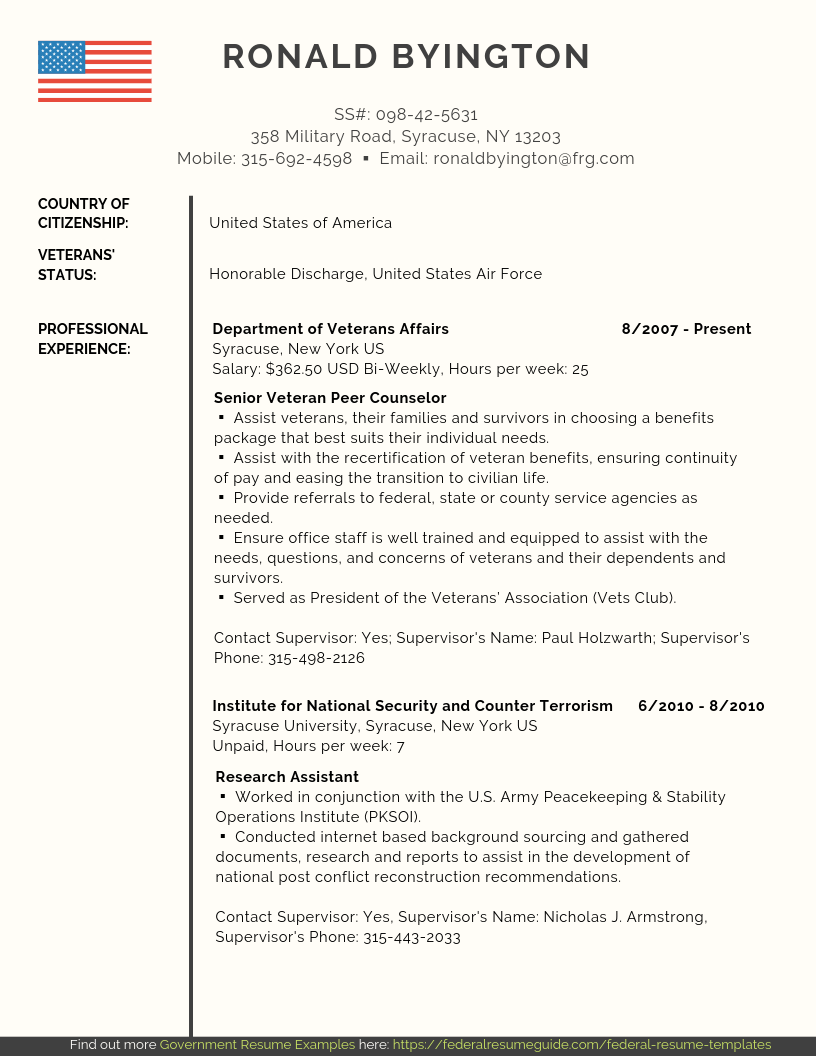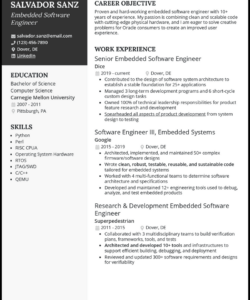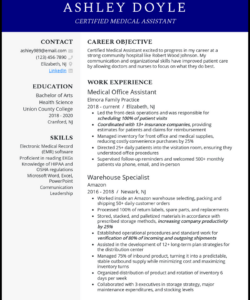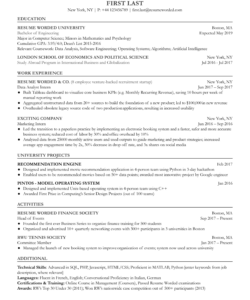Transitioning from military service to a civilian career can be a big step, and for many veterans, the federal government offers stable, rewarding opportunities. You’ve gained invaluable skills like leadership, problem-solving, and dedication, but translating these into a format that resonates with federal hiring managers can feel like learning a new language. This is where the unique requirements of a federal resume come into play, standing distinctly apart from the typical private sector one-pager.
Navigating the intricacies of federal applications, especially through platforms like USAJOBS, requires attention to detail and a comprehensive presentation of your qualifications. The good news is that you don’t have to start from scratch. Utilizing a specialized federal resume template for veterans can be an incredibly powerful tool, simplifying the process and ensuring your application highlights your strengths in a way that truly speaks to federal agencies.
Understanding the Nuances of Federal Resumes
Federal resumes are notably different from their private sector counterparts, often being much longer and more detailed, sometimes spanning five pages or more. This expanded format is not an invitation to ramble, but rather an expectation to provide a thorough account of your skills, experiences, and accomplishments. Federal hiring managers are looking for explicit connections between your background and the specific job announcement, often requiring you to address Knowledge, Skills, and Abilities (KSAs) or specific competencies outlined in the job description. Simply listing duties isn’t enough; you need to demonstrate how you performed them and the impact you had.

One of the primary challenges for veterans is translating military jargon and specific occupational codes into civilian terminology that a federal human resources specialist can easily understand. For instance, explaining the breadth of responsibilities for a "Platoon Sergeant" might require detailing leadership, logistics, training, and personnel management duties in clear, transferable terms. A well-designed template often provides prompts or examples that guide you in this crucial translation, ensuring your invaluable military experience is accurately represented and appreciated.
The Office of Personnel Management (OPM) sets the standards for federal employment, and understanding these guidelines is paramount. Federal resumes typically require specific information that private sector resumes might omit, such as average hours per week, supervisor contact information, and detailed descriptions of awards and training. A structured template helps ensure you don’t miss any critical components, aligning your application with OPM and USAJOBS requirements from the outset.
Furthermore, effectively showcasing your accomplishments is critical. Federal resumes benefit greatly from using the Challenge, Action, Result (CAR) method or the Situation, Task, Action, Result (STAR) method to describe your experiences. Instead of just stating "Managed a team," you would articulate the specific challenge your team faced, the actions you took to address it, and the measurable positive results that followed. This narrative approach provides concrete evidence of your capabilities and impact, making your application much more compelling.
Key Sections to Include in Your Federal Resume
Building a robust federal resume means thoughtfully constructing several key sections, each serving a specific purpose in demonstrating your suitability for a federal role. These sections collectively tell the comprehensive story of your professional capabilities.
- Contact Information: Beyond just your name and contact details, federal applications often require information like your veteran’s preference status.
- Job Objective or Summary: A concise statement or paragraph that highlights your career goals and summarizes your most relevant qualifications for the specific federal position you are targeting.
- Qualifications/Skills: This is where you can explicitly list and describe your competencies, paying close attention to translating military skills into civilian equivalents and matching them with keywords from the job announcement.
- Work Experience: This section is the most detailed. For each position, include dates of employment (month and year), average hours per week, supervisor’s name and contact information, and a thorough description of your duties, responsibilities, and accomplishments using the CAR or STAR method. Quantify your achievements whenever possible.
- Education: List all degrees, institutions, and dates of graduation. Include any relevant coursework or academic honors.
- Training and Certifications: Detail all formal training, professional development courses, and certifications relevant to the federal position, including those obtained during your military service.
- Awards and Honors: Don’t forget to include any military awards, commendations, or civilian honors that demonstrate your exceptional performance or leadership.
How a Federal Resume Template for Veterans Simplifies Your Job Search
The sheer volume of information required for a federal resume can be daunting, but a dedicated template acts as a powerful guide. Instead of staring at a blank page, you start with a pre-formatted structure that already anticipates the unique needs of federal applications and the specific nuances of veteran experience. This saves countless hours of formatting and ensures you’re including all the necessary sections and details that federal agencies expect to see, letting you focus entirely on articulating your valuable background.
Many templates are designed with specific prompts or sections for military experience, helping you translate your Military Occupational Specialty (MOS) or Air Force Specialty Code (AFSC) into civilian job titles and responsibilities. They often include areas to detail specific training, deployments, and leadership roles in a way that is easily digestible for a civilian HR specialist. This direct guidance in translating your service into marketable skills is invaluable and significantly reduces the potential for misinterpretation or omission of critical details.
Furthermore, using a reliable template builds confidence. Knowing that your resume adheres to the generally accepted format for federal applications allows you to present your skills and accomplishments without worrying about technical compliance. It empowers you to showcase your leadership, teamwork, discipline, and adaptability—qualities highly sought after in the federal workforce—in a way that stands out and accurately reflects your capabilities. This structured approach helps ensure your resume effectively communicates your readiness for a federal role.
While a template provides an excellent foundation, it’s crucial to remember that it’s a starting point, not a finished product. Each federal job announcement is unique, and you will need to customize your resume for every application. However, having a robust federal resume template for veterans in your toolkit means you’re not reinventing the wheel each time. You have a solid, comprehensive base to tailor, ensuring that your application is always polished, professional, and targeted to the specific requirements of the position you’re pursuing.
Crafting a strong federal resume is undoubtedly an investment of time, but it’s an investment that pays dividends. For veterans seeking to continue their service in a civilian capacity within the federal government, a well-structured and detailed resume is your most powerful advocacy tool. It’s the key to unlocking the next chapter of your professional journey, demonstrating your unique value and readiness to contribute to the nation once again.
Embracing the structured approach offered by a specialized template ensures that your extensive skills, leadership abilities, and unwavering dedication are presented in the most effective light to federal hiring managers. Your experiences are highly valuable, and with the right approach, you can confidently pursue the federal career you deserve, continuing to serve the country with the expertise you’ve gained.


